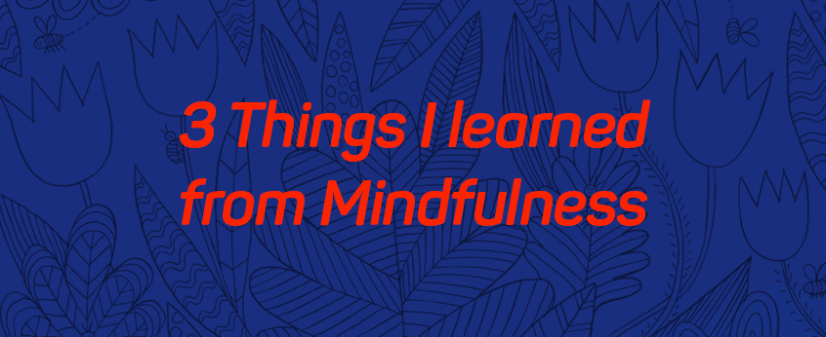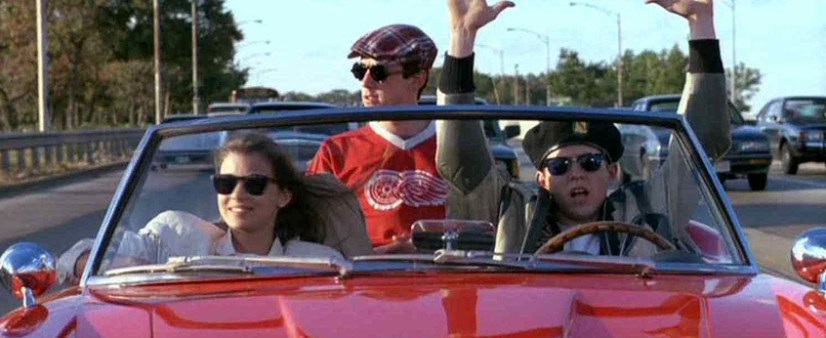A couple of months ago we had a free seminar regarding mindfulness practice hosted by Peter Connolly which was an eye opener for me (and others who attended), and I thought I’d share three important things I left the seminar with and maybe, just maybe it might resonate with some of you.
I don’t mind admitting to this, because I don’t think I’m alone but I thought mindfulness, meditation and zen were all buzzwords for a cult like culture, a waste of time, time that could be spent doing other things that actually need to be done…more on the irony of that later.
I’ll preface this by saying that I’m pretty lucky, in that I don’t suffer from any (to my knowledge anyhow) mental health issues. Outside of relatively normal levels of anxiety, stress and clutter at least. However true that is, I do feel those levels have crept up slightly over the last few years for a variety of reasons. Because of this I lack a true understanding of the suffering those people go through…a population Peter sees on a regular basis, again a pre-conception of mine that those that suffer with such issues are the only ones who can benefit.
I don’t mind admitting to this, because I don’t think I’m alone but I thought mindfulness, meditation and zen were all buzzwords for a cult like culture, a waste of time, time that could be spent doing other things that actually need to be done…more on the irony of that later.
I’ll preface this by saying that I’m pretty lucky, in that I don’t suffer from any (to my knowledge anyhow) mental health issues. Outside of relatively normal levels of anxiety, stress and clutter at least. However true that is, I do feel those levels have crept up slightly over the last few years for a variety of reasons. Because of this I lack a true understanding of the suffering those people go through…a population Peter sees on a regular basis, again a pre-conception of mine that those that suffer with such issues are the only ones who can benefit.
It’s misunderstood
As I’ve alluded to in the introduction I very much include myself in that. I’d imagine it’s the toughest thing for practitioners to break through, a subject we can relate to here, considering the myths surrounding physical health and nutrition people arrive to us with.
It’s not about thinking about nothing
This is probably the biggest thing I took from the seminar, I always assumed the goal of mindfulness and/or meditation was to reach some zen like state, while clearing your memory banks and tuning into some sort of white noise. Not at all it seems, quite the opposite in fact, Peter explained that it’s a tough ask to think about ‘nothing’ but that’s not the goal. He explained it’s more about having an awareness of our thoughts and changing our relationship with them.
He described that thoughts can be like waves that are overwhelming while quoting “You can’t stop the waves but you can learn to surf”, probably the best way to describe what mindfulness is all about.
He described that thoughts can be like waves that are overwhelming while quoting “You can’t stop the waves but you can learn to surf”, probably the best way to describe what mindfulness is all about.
Recognising what’s going on
Ferris Bueller once said “Life moves pretty fast, if you don’t stop and look around once in a while you might miss it”. In a similar vein to follow on from the previous point, stopping to recognise the thoughts you’re actually having and living in the present moment can help you separate which of your thoughts are actually fact from fiction. I know personally that I probably spend far too long stressing about the past and worrying about the future.
There are psychological traps we allow ourselves fall into and we are, as a society, overly judgemental of ourselves and each other. Developing a compassion for yourself is part of the process.
So what have I done about it? Well here’s the ironic part, he mentioned that spending some time developing a practice means that it’ll in turn produce a better quality of work in the other areas of your life and that’s sort of borne fruit. I’m still not quite on board with the meditation, but I have started drawing again, something mentioned by Peter was a good avenue into mindfulness, he uses a popular method called zentangles. These zentangles bring a deliberate focus and attention to what you’re doing. You might have noticed adult colouring books topping Christmas lists this year due to the popularity, these are, I assume part of the same philosophy and represent an easy entry point into slowing down a little.
Would I therefore recommend it? Absolutely, find some form of it you can get on board with, start with a colouring book, a meditation app, do a course with someone reputable or pick up a book on the subject, and rest assured it’s not all humming with hippies.
So what have I done about it? Well here’s the ironic part, he mentioned that spending some time developing a practice means that it’ll in turn produce a better quality of work in the other areas of your life and that’s sort of borne fruit. I’m still not quite on board with the meditation, but I have started drawing again, something mentioned by Peter was a good avenue into mindfulness, he uses a popular method called zentangles. These zentangles bring a deliberate focus and attention to what you’re doing. You might have noticed adult colouring books topping Christmas lists this year due to the popularity, these are, I assume part of the same philosophy and represent an easy entry point into slowing down a little.
Would I therefore recommend it? Absolutely, find some form of it you can get on board with, start with a colouring book, a meditation app, do a course with someone reputable or pick up a book on the subject, and rest assured it’s not all humming with hippies.



 RSS Feed
RSS Feed
